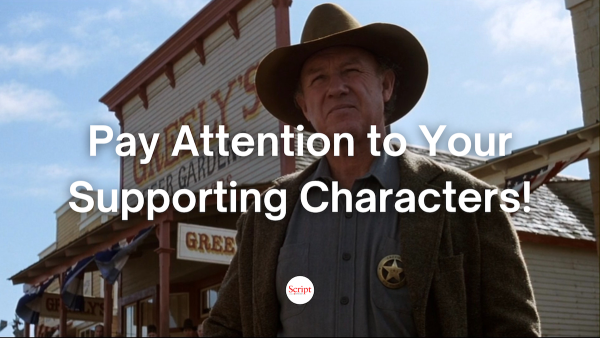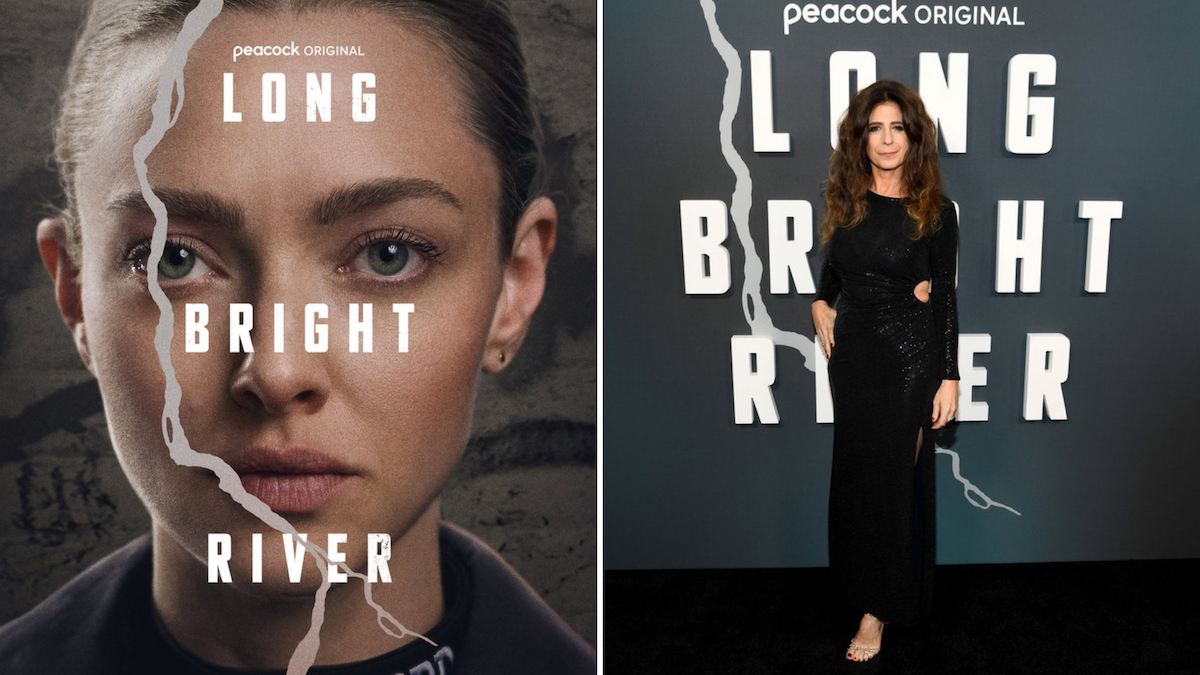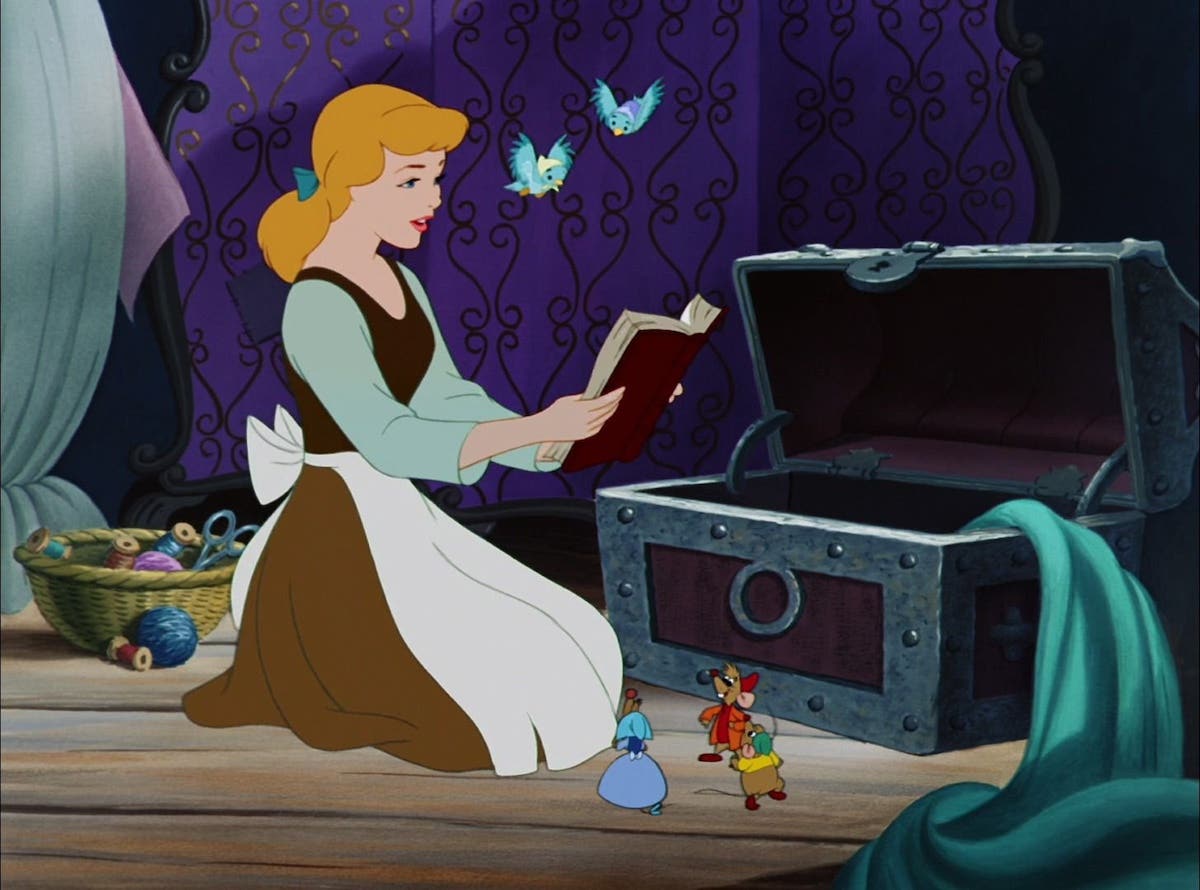Writers on the Verge: Write What You Know for Screenwriting Success
It’s been said a million times, and I am more than happy to say it again: Write what you know. Every time. It’s your key to writing a compelling screenplay….
It's been said a million times, and I am more than happy to say it again: Write what you know. Every time. It's your key to writing a compelling screenplay. Your job as a screenwriter is to create and convey authentic experiences, provide insight into the people and world at hand, and reveal what is real and true for the characters you're writing about so that your audience may make a connection with the people and the world in which your story takes place.
While many writers are concerned that what they "know" is limited to the street they live on or the experiences they've had (I don't live anywhere interesting… I haven't really done anything or gone anywhere), the phrase actually speaks to their emotional capacity, intellectual understanding, and in-depth research. One certainly doesn't have to be a murderer in order to write a believable serial killer. Clearly, Andrew Kevin Walker did not indulge in a mission-driven killing spree before he so aptly wrote Se7en. What he understood best was his protagonist, the world he operated in, and how to write a compelling and terrifying antagonist to contrast and challenge him.
Not only in subject, but also in theme, write what you know and remain loyal to it. A theme that speaks to you, that "turns you on," is one that you can sow into the work compellingly, a moral and thematic journey you can tell authentically. It's those lessons in life, those evolutions, those juxtapositions that are innate to us that make the biggest difference in the story we're trying to tell. Writers aiming to instill in the material a theme that does not resonate with them often appear less-than-masterful, as though trying to follow instructions they don't fully understand.
From a business-driven perspective, writing what you know will establish you as compelling, knowledgeable and inspiring in front of industry professionals and seasoned executives. Producers, development executives and representatives will look for you to be an authority as far as the world and subject matter of your project are concerned. Because of this, it's imperative that you understand the emotional journey you're writing about, as well as the impediments you explore and the physical world in which your story takes place.
While many writers would like to think themselves capable of tackling any experience and/or subject matter, here are a few into which you should tread with great care:
- Loss - In acting school, many instructors tell you not to emote loss unless you've been through it yourself. This holds true in screenwriting as well. You will likely not be able to convincingly write a meditation on loss unless you've suffered such experience yourself.
- Opposite Gender experience - Few writers are able to competently go into the world of the opposite sex without ringing false or inauthentic. Writing the experience of what they think the opposite sex behaves like when no one is looking, as opposed to writing the true experience. Therefore, unless written purely for comedy and occasionally ridicule, women should not write about what happens to men on all-men retreats, while men should steer clear from the emotional experience of three girls on the town, and the bonds of friendship that they share. If you do choose to undertake such task, engage a number of study subjects from the opposite gender and do your research.
- Life and Death or Altered State Experiences - If you want to write about a character who comes within a moment of their death and than bounces back, talk to folks who experienced this themselves to gain insight and authenticity for the work at hand. Along with this note, if you are writing an LSD driven romp through a self-concocted fantasy land, I am in no way advocating that you yourself dive head-first into the illegal psychedelic drug world. It would, however, be advised for you to talk to enough people who have "gone there" in order to convey the real experience. Surely, you want to coney an authentic, identifiable experience for audience members who, unlike you, might have taken in the experience themselves and are looking to identify with the authentic world and experience you've created in the work.
The point? Authenticity is where it's at. When you are in a room with executives, it is your job to be the end-all authority about the subject matter at hand. Unlike Hanna Horvath on Girls, no one is expecting that you go on a coke-laden bender if you're going to write a compelling drug-addicted narrative, but you should have done your research and read enough material to answer questions that come up and make a case for the authenticity of your world.
To best make your case, dive into your research, and in the construction of your characters and your world, leave no stone unturned and no research unchecked. In a world where information is ready available at everyone's fingertips and from everyone's desk, leave no place for the folks on the business side to question the authenticity of your characters and your world. Becoming the go-to authority that executives rely on for comprehensive subject-matter knowledge and in-depth research will make you the sort of expert professionals want to hire and work with again and again.
Related Articles:
- More Writers on the Verge articles by Lee Jessup
- Balls of Steel: Write What You Know... or Not
- Why You Should Write a Short Film Screenplay
- Balls of Steel: Therapy for Your Character
Tools to Help:
- Is Your Concept High Enough? On Demand Webinar
- Writing High Concept Screenplays that Sell On Demand Webinar
- High Concept: How to Create, Pitch Sell to Hollywood Audio CD
Lee Jessup is a career coach for screenwriters, with an exclusive focus on the screenwriter's professional development. Lee spent 6+ years as director of ScriptShark.com. During her time there, Lee introduced hundreds of screenplays to entertainment industry professionals, and spearheaded a national Business of Screenwriting seminar series launched in partnership with Final Draft and sponsored by the New York Times Company. Twitter: @LeeZJessup





